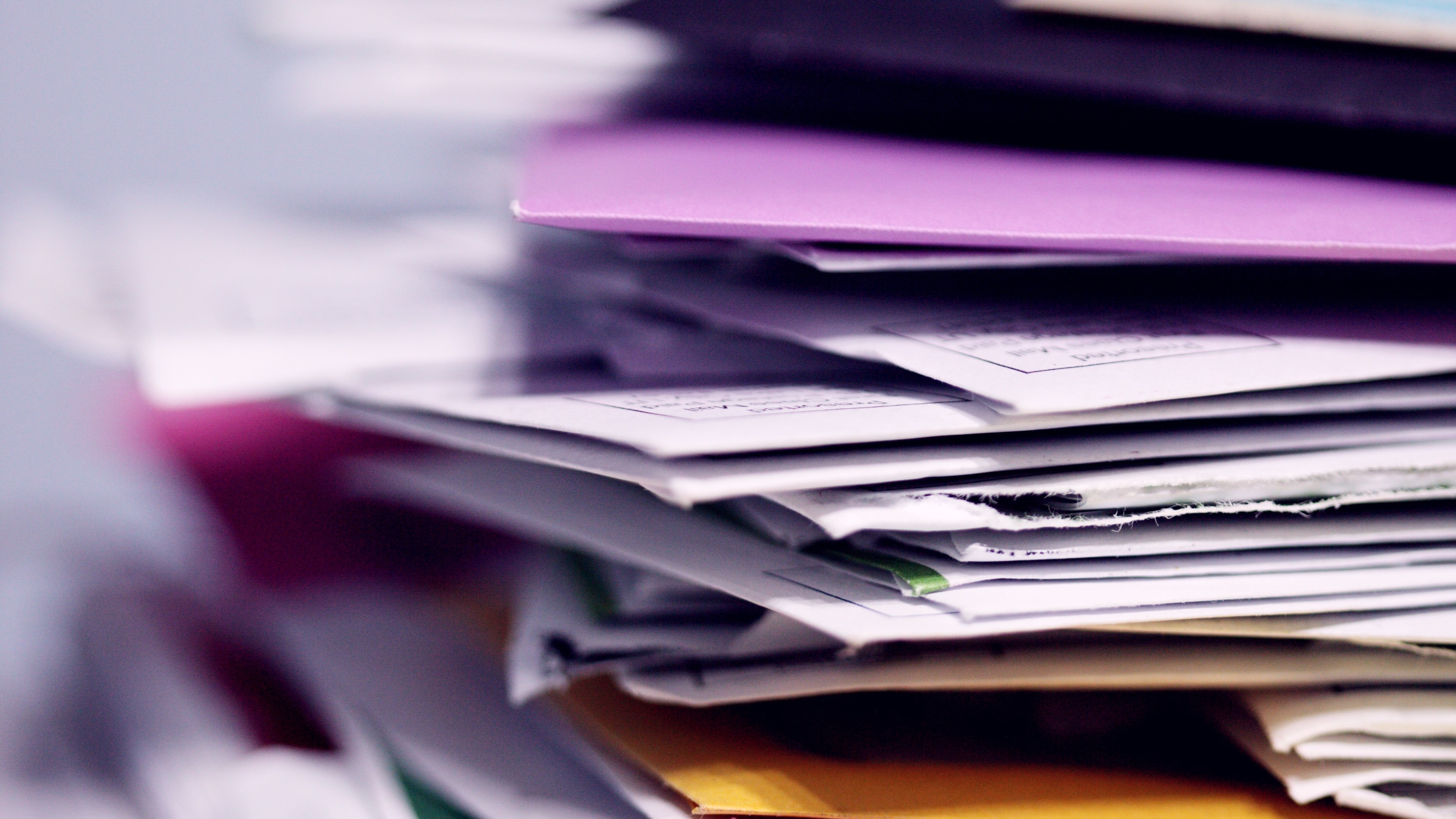Attachments
Note: Not all attachments are visible to the general public. Research URLs will go live after the embargo ends.

Research
Wiley, Web page
Please link to the article in online versions of your report (the URL will go live after the embargo ends).
Journal/
conference: Australian Journal of Social Issues
conference: Australian Journal of Social Issues
Research:Paper
Organisation/s:
Curtin University, National Drug Research Institute (NDRI), Burnet Institute, Monash University, La Trobe University, University of New South Wales, University of Melbourne, The Kirby Institute,
Funder:
Australian and New Zealand newspapers have permission from the journal to run this story in print on the day the embargo lifts, with the strict proviso that nothing can appear online until after the embargo lifts. No media release.



 Australia; NSW; VIC; WA
Australia; NSW; VIC; WA


